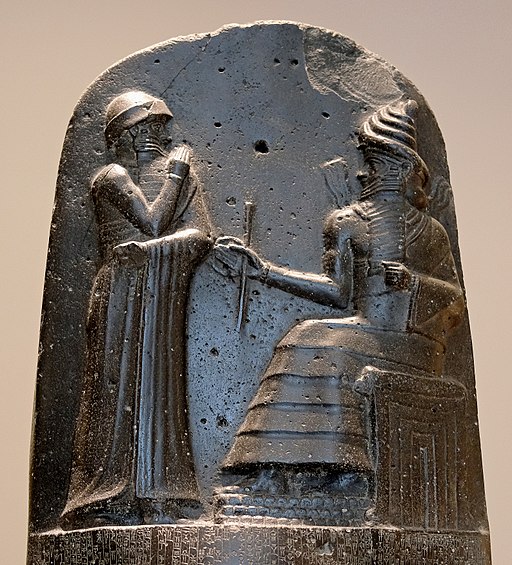Ahh, yes…. emotional litigation. Something we are all probably familiar with. And, more than likely, we have been party to it — on one end or the other.
As I previously mentioned, Therapy Thursday sessions were underway a decade + ago, during my separation and subsequent divorce. Emotional litigation had a starring role through the whole debacle.
As is common in many divorces (unfortunately), mine was NOT amicable.

Enter, stage right: Emotional Litigation
Emotional litigation is the emotional justice a party seeks when they feel they have been wronged.
With emotional litigation, one party is the judge, jury AND executioner, and the other party is on trial, except…
There IS no defense counsel. No trial. You have been found GUILTY.



In many instances, while one of the parties (called “Party A”) has already rationalized (emotionally and logically) what they were doing and why – the other party (called “Party B”) is still in denial.
While in denial, Party B is unable/unwilling to accept what is happing or listen to rationale/logic.
When Party B is emotionally incongruent with what is happening, (meaning that their reactions and/or emotional state may be in conflict with the situation) it only compounds matters.
Party B’s reasoning and response may be emotional and not rational.
And when you don’t concede to their point of view (and wishes), they feel as though they are being wronged and unjustly treated…
THAT is when the emotional litigation often begins.
Emotional Litigation
With emotional justice/emotional litigation, the party wants “justice” in one of two ways (or BOTH)-
- an eye for an eye / a pound of flesh, etc. (Hammurabi’s Code)
- the gray area – an apology for the hurt, etc. (emotional restitution)
Hammurabi’s Code
Hammurabi’s Code is a collection of legal precedents written in an ” if-then” format.
Hammurabi, who reigned from 1792 – 1750 BCE is consider a pioneer in lawmaking and justice.
As quoted on his monument, he strived “to prevent the strong from oppressing the weak and to see that justice is done to widows and orphans.”
For Hammurabi, justice meant that whatever offense was done to you should be done to the offending party, and whatever was taken from you should also be taken from the other party – hence the “an eye for an eye” concept.

Hammurabi’s Code is an example of the doctrine of “lex talionis,” or the laws of retribution.
Hammurabi’s punishments were often harsh, because “justice” meant that restitution had to be equal to what was lost, and in many cases, MORE than what was lost.

Emotional Restitution
Healthy emotional restitution allows the offender to willingly demonstrate that they understand the damage their behavior has caused. They voluntarily make amends, which shows their comprehension of the impacts of their actions, which validates and honors the victims and their feelings.
This is the best possible outcome to what was a bad situation.
With emotional litigation, restitution is not so simple.
The party who perceives him/herself as the victim will not be satisfied until the offender has not only acknowledged the suffering they caused and expressed regret and repentance, but also endured a sufficient amount (as determined by the victim) of misery, anguish and unhappiness of their own.
And if you aren’t experiencing misery, they may try to induce it because it is essential to them that you suffer.


Are you the victim or the antagonist?
What if, after reading this, you realize that YOU are the person inciting emotional litigation?
What if you think/feel you have been wronged (and maybe rightfully so)?
How do you move past the desire for emotional litigation?
Alternately, what can you do if someone is determined to make you suffer from emotional litigation? The answer is the same in both circumstances.
Forgo & Forgive the emotional litigation!
Remember that emotional litigation benefits no one, least of all you.
Be honest with yourself about how you feel, but do not allow your feelings to “be the director of the play.”
Remember that while hatred/anger is powerful, it is also debilitating; so if you want to be in control of yourself, you cannot allow yourself to be debilitated.
Remember this mantra whenever you feel the urge to lash out: “I swear I will not dishonor my soul with hatred.”
Practice Grace.
When it comes to choosing whether or not to live by the Code of Hammurabi versus treating people better than they deserve, always choose to treat people bette than they deserve. Always.












